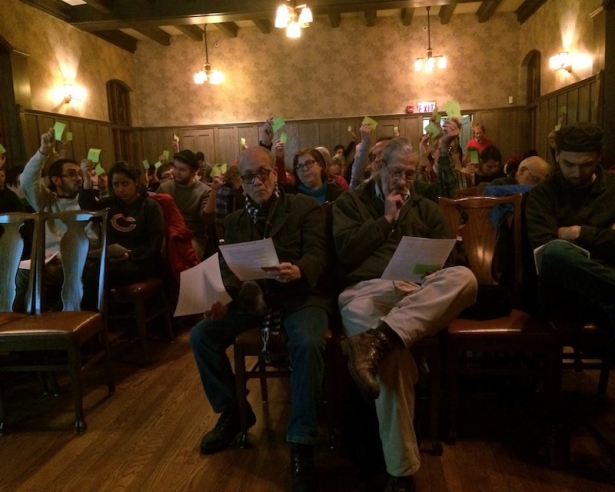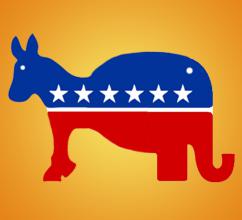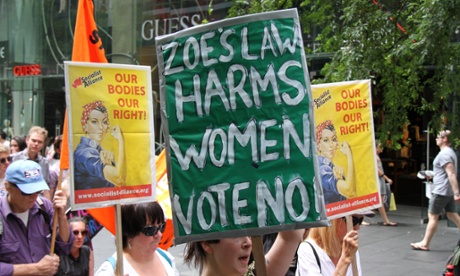United States
United States: ISO conference backs red-green alliances, rethinks feminism

There were 1450 registered
The life of African-American socialist Hubert Harrison: a discussion with Jeffrey B. Perry
Doug Enaa Greene in discussion with historian Jef
United States: Victory in Seattle inspires Chicago Socialist Campaign

Nearly 100 people met at the Jane Addams Hull House Museum on January 22 for the foundin

 James Kilgore.
James Kilgore.


